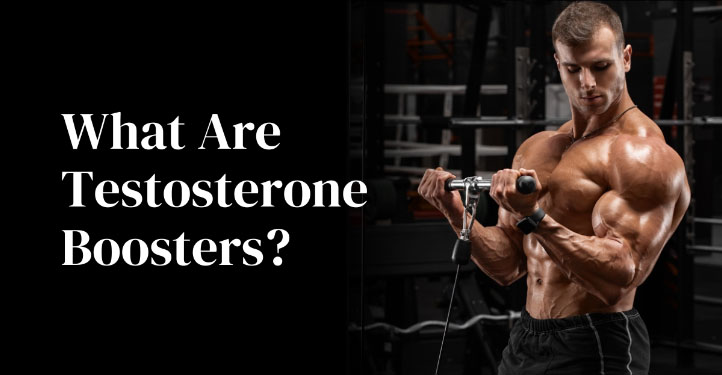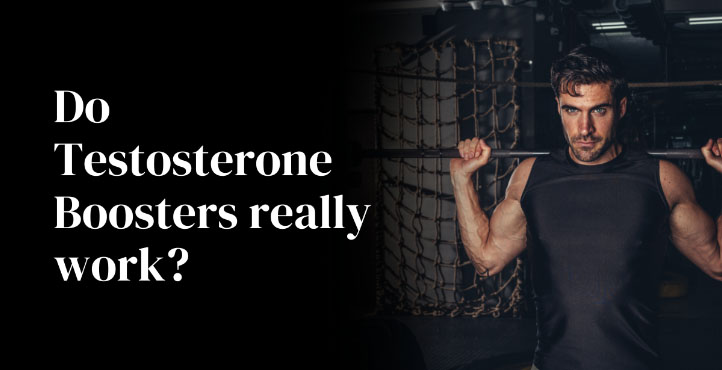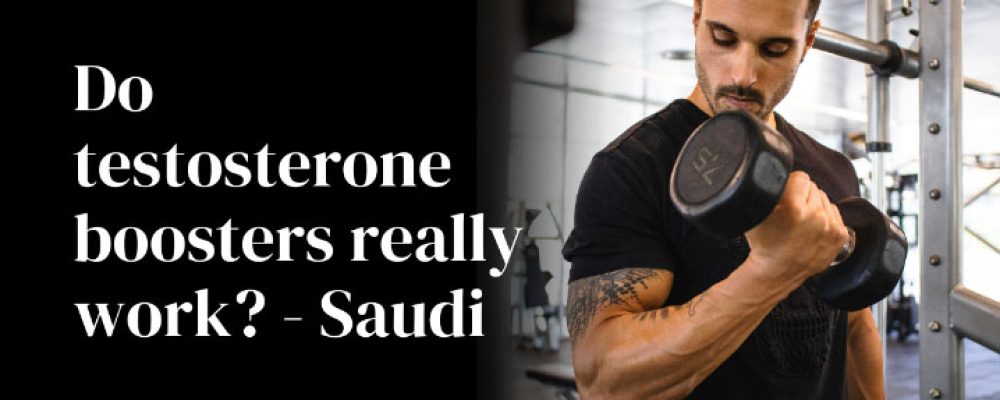What is Testosterone?
Testosterone plays a key role in the human body. It affects muscle growth, bone density, and overall energy. Men’s testosterone levels drop as they get older. This can cause problems like feeling tired, losing muscle, and having less interest in sex.
Because of this, testosterone boosters in saudi in have become popular. These are supplements that aim to boost the body’s testosterone production.
But the big question is: do these boosters work?
What Are Testosterone Boosters?

Testosterone boosters are supplements, such as testosterone oral strips and testosterone booster testoplus capsules that can increase testosterone in a naturally way. Most of these products mix vitamins, minerals, and plant extracts.
You’ll often find these ingredients in testosterone boosters:
D-Aspartic Acid: An amino acid that has an impact on testosterone production.
Fenugreek: A herb that might boost testosterone and enhance sexual function.
Zinc: A key mineral that aids testosterone production.
Vitamin D: A vitamin that works like a hormone in the body and connects to testosterone levels.
Tribulus Terrestris: A plant extract often used in folk medicine to boost sex drive and testosterone levels.
Do Testosterone Boosters really work?

The power of testosterone boosters can change a lot from person to person and product to product. Research hints that some ingredients such as D-Aspartic Acid and Fenugreek, might boost testosterone levels. Yet, this rise often isn’t big enough to make clear changes in muscle size, energy, or overall health.
Scientific Evidence:
- D-Aspartic Acid: Research shows it can boost testosterone in men for a short time, but this effect fades after a few weeks.
- Fenugreek: Studies point to possible gains for testosterone and sexual health, but we need more research to back up these results.
- Zinc and Vitamin D: Not having enough of these nutrients can lower testosterone. Taking supplements can bring levels back to normal, but won’t push them higher than usual.
- Tribulus Terrestris: Though many people use it most studies find it doesn’t raise testosterone much in healthy men.
Safety and Side Effects of Testostorone Enhancers
Most testosterone boosters are considered safe when used as directed. However, potential side effects can include digestive issues, headaches, and allergic reactions. It’s always best to consult with a healthcare provider before starting any new supplement regimen, especially for individuals with underlying health conditions or those taking other medications.
Conclusion: The Bottom Line
While some testosterone boosters might offer minor benefits, the evidence supporting their effectiveness is mixed. They are not a magic solution for low testosterone or related symptoms. Lifestyle changes such as regular exercise, working out to increase testosterone, a balanced diet, adequate sleep, and stress management are more reliable ways to maintain healthy testosterone levels.



